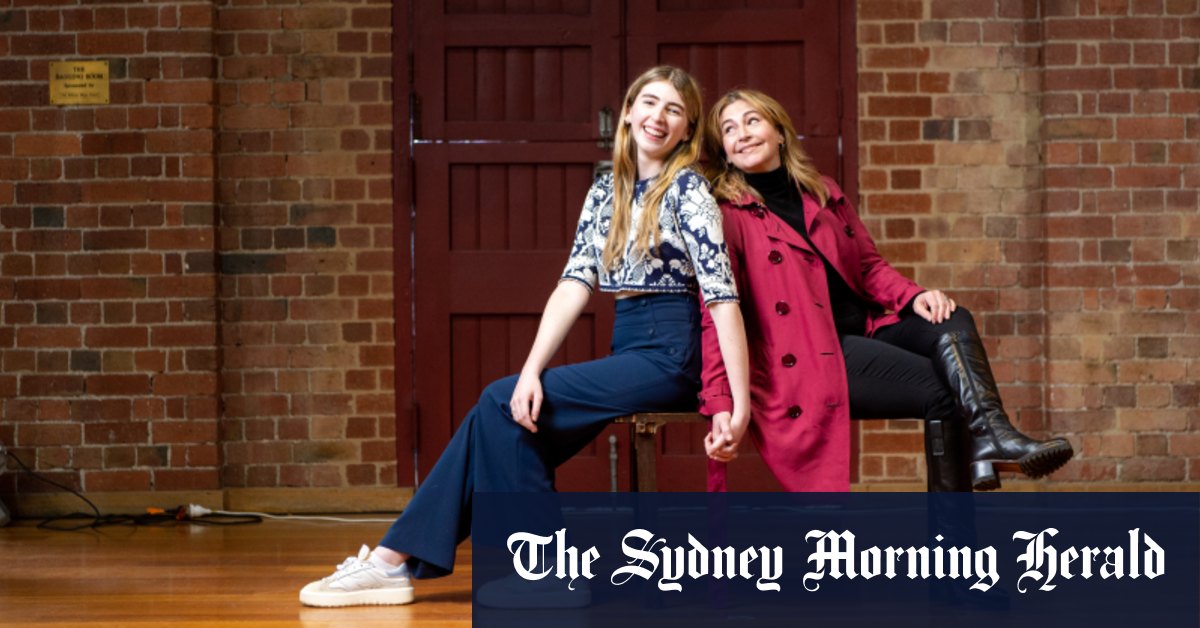Assigned male at birth, Georgie Stone, 22, was a toddler when she told her mother, Rebekah Robertson, 55, that she was a girl. Both actors, they have since fought to improve life for trans kids – between countless cups of tea.

Georgie Stone says having her mum, Rebekah Robertson, on her side “was everything. I wouldn’t be alive without her.” Credit:Justin McManus
Georgia: I was a playful kid with a big imagination. mum and dad [actor Greg Stone] would direct these home videos and my twin brother and I loved it. Mum once played a snake, wriggling around on the floor in a sleeping bag; she committed fully, and that included parenting. I knew she loved being our mother.
loading
I disagree with people saying I was born a boy because nothing about me, in any meaningful way, was male. I remember watching cinderella at about three and thinking, “That’s me. I’m not the prince. I’m not the mouse. I’m Cinderella.”
I don’t think my parents had ever heard of trans kids. They knew of trans people, but just through the media; they were either in prison or prostitutes. Still, Mum’s reaction was, “Let’s find out what this is and how we can support her.” Dad’s [initial] reaction was more to stop it. He might have thought Mum was encouraging it.
When I started school, I was still using male pronouns and my dead name; I started to transition around seven. Boys in year 5 would call me a freak and follow me around, asking, “Are you a boy or a girl?” It felt the message there was something wrong with me, which deep down I believed. But Mum was always that place of comfort; she’d tell me I was okay. Other parents accused her of child abuse, of causing my trans-ness, which is bullshit.
“Mum tells me the instinct as a woman is to make yourself smaller, so she encourages me not to do that.”
I started on puberty blockers before I turned 11 and did that until 17 or 18. There were lots of injections and I’d get anxious every time, so Mum bought me a bracelet and, with every injection, she’d add a charm representing something in my life, like a witch because I loved Hermione in Harry Potter. There were 27 by the end.
Having Mum on my side was everything. I wouldn’t be alive without her. When I was seven, I told her things would be easier if I were dead. I felt like a burden when we had to go to court [at 10, to access puberty blockers], because that put a strain on my parents. They separated when I was 13 and I thought it might have been my fault, but they told me it wasn’t. When I was 15, we had to go back to court to access gender-affirming hormones, and I’d see Mum on the phone, almost tearing her hair out with stress. She was running a support group, working full-time as a voice actor, cooking dinner every night. She was exhausted.
